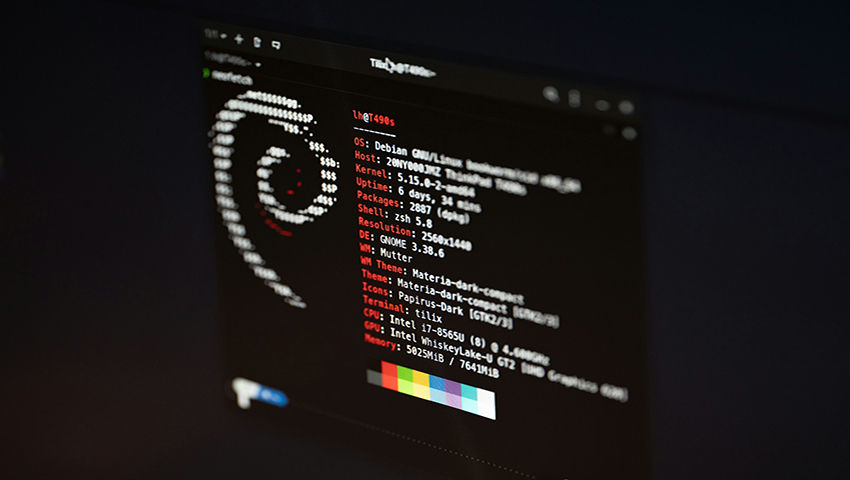
A severe vulnerability in OpenSSH’s server (sshd) has been uncovered by Qualys’ Threat Research Unit (TRU), potentially affecting over 14 million Linux systems worldwide. The flaw, designated as CVE-2024-6387, allows for remote unauthenticated code execution (RCE) with root privileges on glibc-based Linux systems.
This vulnerability, stemming from a signal handler race condition, impacts sshd in its default configuration. Qualys researchers have identified approximately 700,000 vulnerable external internet-facing instances among their global customer base, representing 31% of all internet-facing OpenSSH instances.
Ray Kelly, Fellow at the Synopsys Software Integrity Group, said: “This vulnerability is about as bad as they come. A trifecta of remote code execution, root access, and a widespread distribution across Linux servers makes this a hot target for threat actors.”
The discovery is particularly alarming as it represents a regression of a previously patched vulnerability (CVE-2006-5051) from 2006. This regression was inadvertently introduced in October 2020 with OpenSSH 8.5p1, highlighting the critical importance of thorough regression testing in software development.
Affected versions of OpenSSH include those earlier than 4.4p1 (unless patched for CVE-2006-5051 and CVE-2008-4109), and versions from 8.5p1 up to, but not including, 9.8p1. Notably, OpenBSD systems remain unaffected due to a secure mechanism developed in 2001.
The potential impact of this vulnerability is severe. If exploited, it could lead to full system compromise, allowing attackers to execute arbitrary code with root privileges. This could result in malware installation, data manipulation, and the creation of persistent backdoors. Furthermore, compromised systems could be used as a launching pad for network propagation, potentially bypassing critical security mechanisms.
While the vulnerability is challenging to exploit due to its nature as a remote race condition, advancements in deep learning could significantly increase the success rate of attacks in the future.
To mitigate risks, enterprises are advised to:
Implement immediate patch management
Enhance access control for SSH
Employ network segmentation and intrusion detection systems
OpenSSH, a suite of secure networking utilities based on the SSH protocol, is crucial for secure communication over unsecured networks. It is widely used in enterprise environments for remote server management, secure file transfers, and various DevOps practices.
Despite this setback, OpenSSH maintains a strong overall security track record. However, this incident serves as a reminder of the ongoing challenges in maintaining software security, even for well-established and widely-used tools.
Developers and system administrators are urged to review their OpenSSH implementations and apply necessary updates promptly.
“Although an OpenSSH patch is available, deploying it across all affected systems—potentially impacting 14 million OpenSSH instances—poses a significant challenge. This vulnerability could persist for a long time, reminiscent of the Heartbleed vulnerability in OpenSSL from 2014,” explains Kelly.
As the situation develops, the cybersecurity community will be watching closely to see how quickly this vulnerability is addressed and what long-term implications it may have for OpenSSH and similar security-critical software.